 The Ocellated Snakehead or Channa pleurophthalmus is one of the over 28 different species of Snakeheads. This fish has a long body with a series of patches on the sides of its body, as well as on its head and tail. They can grow to about 16 inches (40cm) in length. Found in Indonesia and Sumatra, these fish are often eaten and considered to be quite good. Snakeheads are amazing fish that can actually survive outside of water for hours and sometimes days! They can also walk on land, much like the Mudskipper and the African Lungfish.
The Ocellated Snakehead or Channa pleurophthalmus is one of the over 28 different species of Snakeheads. This fish has a long body with a series of patches on the sides of its body, as well as on its head and tail. They can grow to about 16 inches (40cm) in length. Found in Indonesia and Sumatra, these fish are often eaten and considered to be quite good. Snakeheads are amazing fish that can actually survive outside of water for hours and sometimes days! They can also walk on land, much like the Mudskipper and the African Lungfish.  These fierce predators can survive in many different kinds of freshwater, but generally between these following conditions 22-28˚C, 72-82˚F, and pH 6-7.5. They are also kept in aquariums, but should only be housed with fish of similar aggressiveness. The Ocellated Snakehead prefers to be fed live food whenever possible. Like most other fish, they should be provided with some hiding spots to keep them happy. One last thing to note if you are thinking of buying a Ocellated Snakehead is that you need to give them access to the surface, because they are air breathers that will suffocate without access.
These fierce predators can survive in many different kinds of freshwater, but generally between these following conditions 22-28˚C, 72-82˚F, and pH 6-7.5. They are also kept in aquariums, but should only be housed with fish of similar aggressiveness. The Ocellated Snakehead prefers to be fed live food whenever possible. Like most other fish, they should be provided with some hiding spots to keep them happy. One last thing to note if you are thinking of buying a Ocellated Snakehead is that you need to give them access to the surface, because they are air breathers that will suffocate without access.Note: These fish are considered an invasive species and should never be introduced into the wild. Check out more information about just how dangerous Snakeheads can be in the video below...
For a look at the softer side of the Ocellated Snakehead take a lot at this HD underwater footage...
If you have any more information about Ocellated Snakehead leave us a comment.







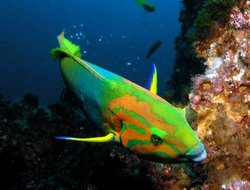

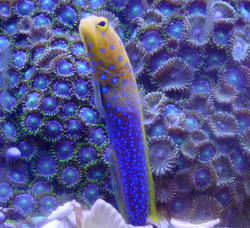



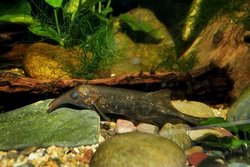

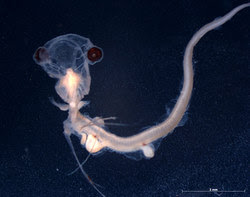
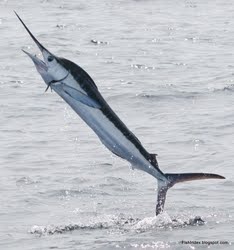







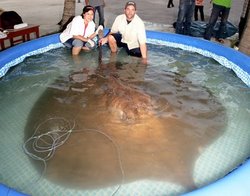
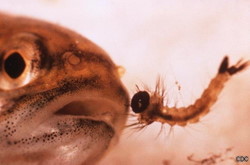







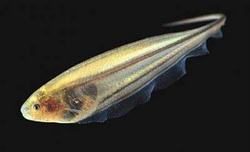
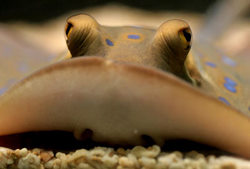





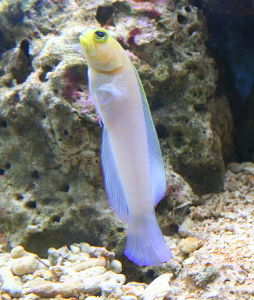





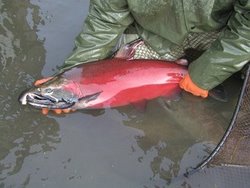

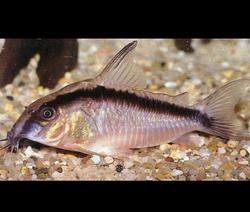
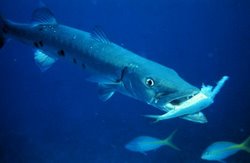



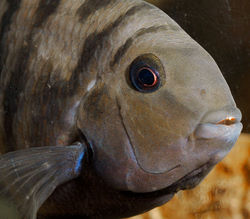


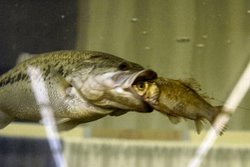



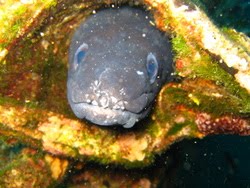


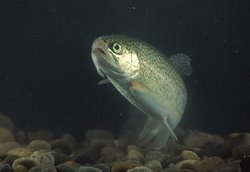
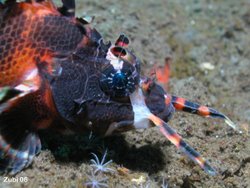
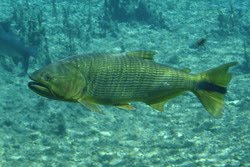

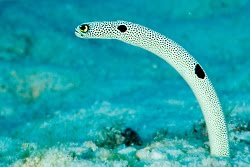
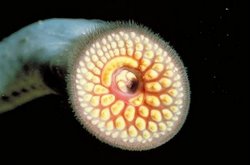



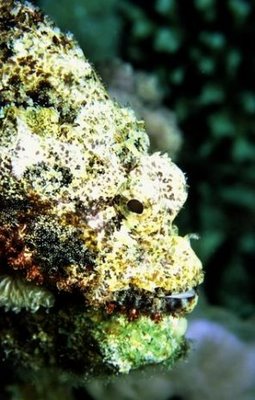
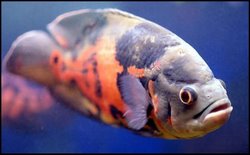

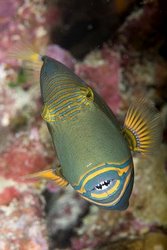

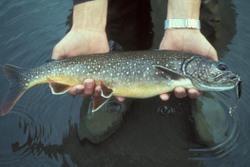

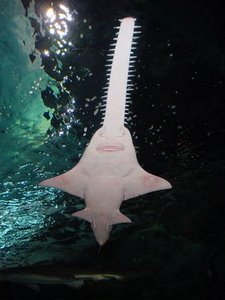




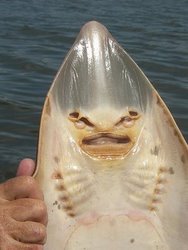







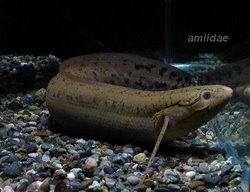

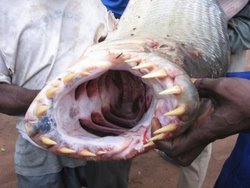










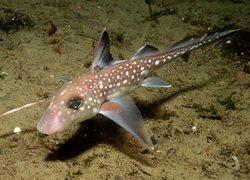
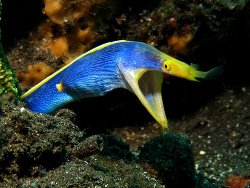


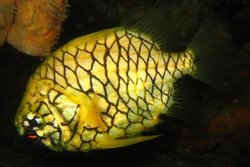
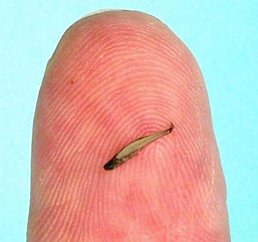
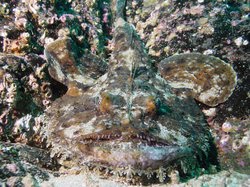
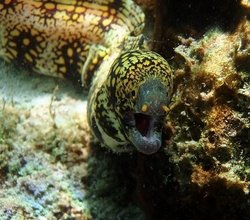

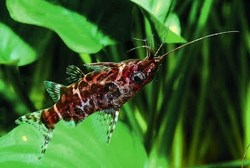







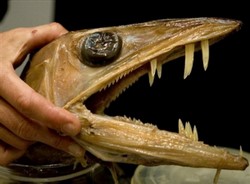

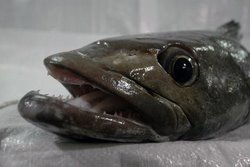
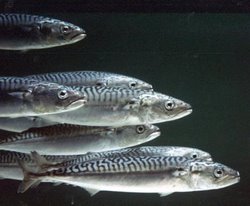
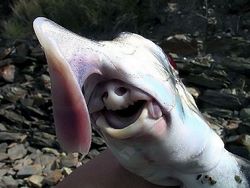
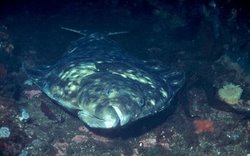
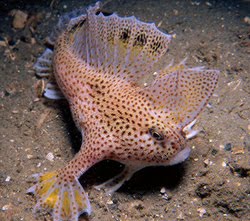
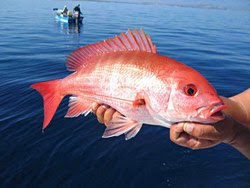

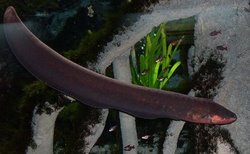

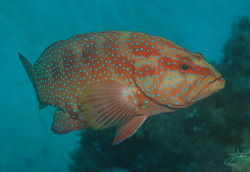

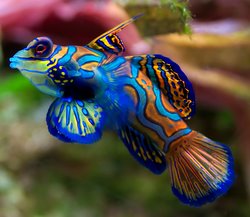
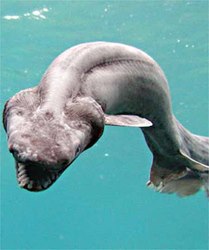
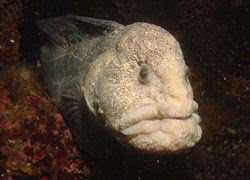
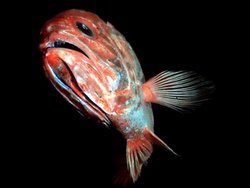
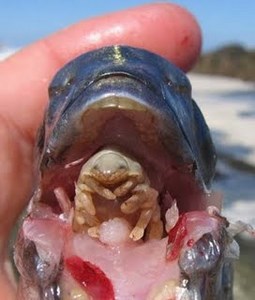

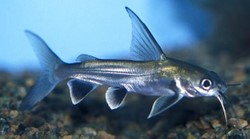
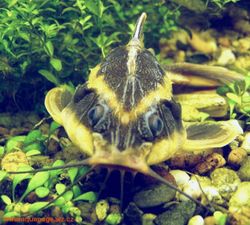
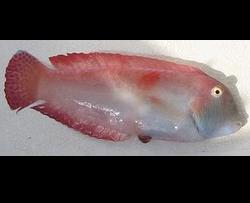








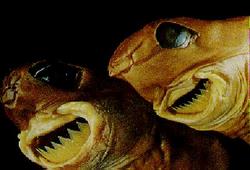
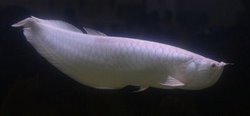
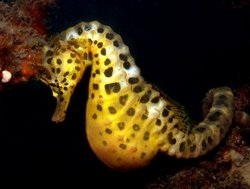
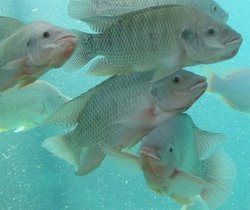
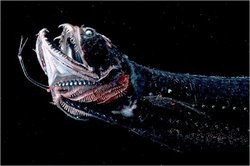
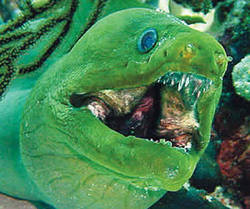


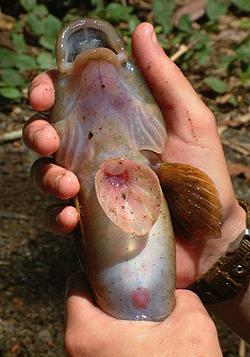


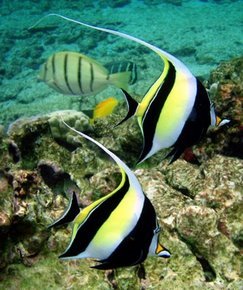

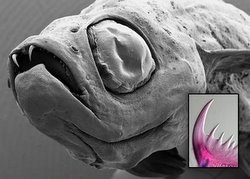
No comments:
Post a Comment